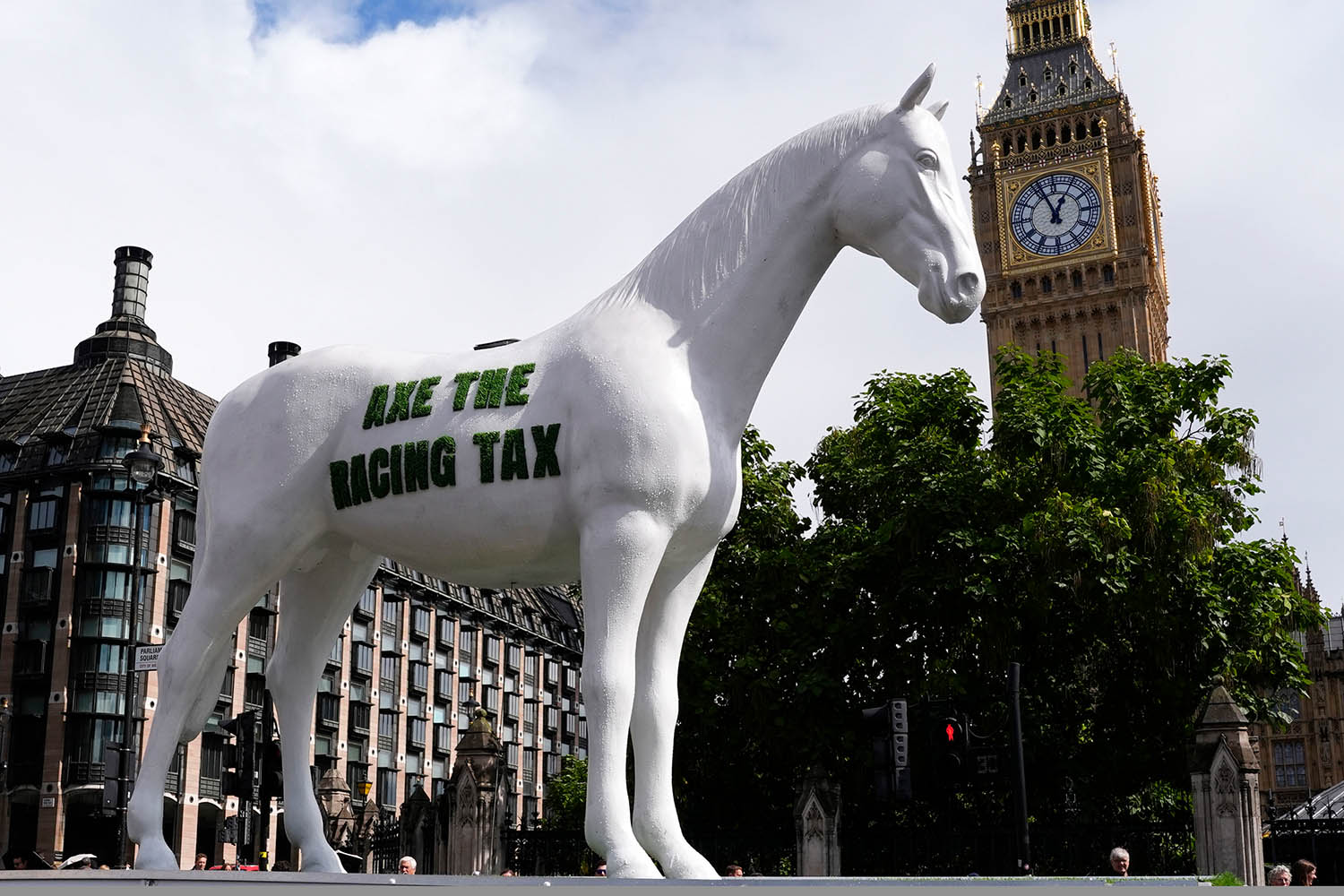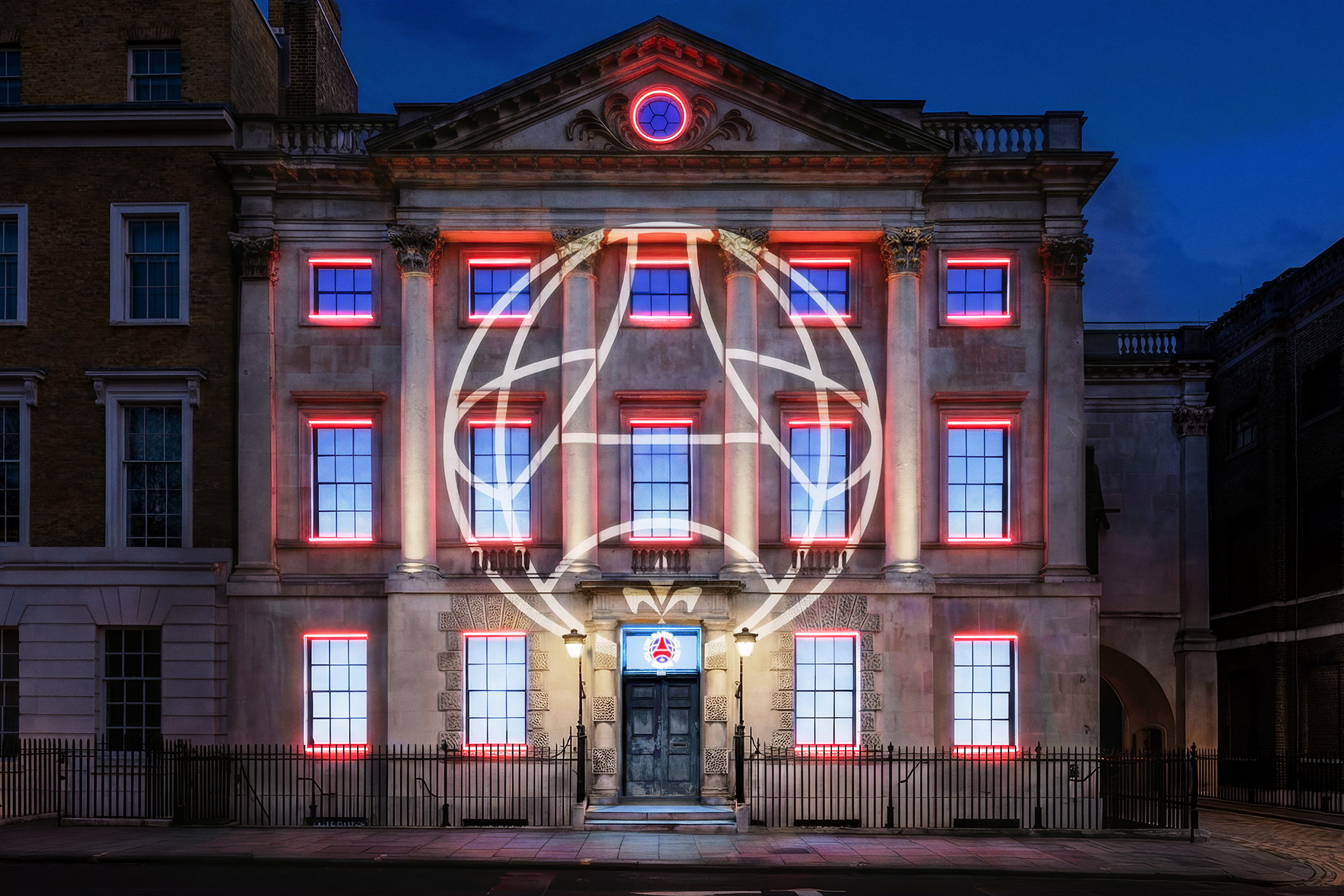As Doncaster racecourse was sprucing up for StLeger week, Kevin Sinfield was telling a stage show audience over the road about the time his mum went on strike for two years.
Sinfield, the rugby legend and motor neurone disease fundraiser, was recalling Beryl Sinfield’s role in the “Oldham 34”, a group of medical workers who addressed the European parliament in the early 1990s as part of a long fight over pay and employment rights.
Now, that’s what you call a strike. A five-minute walk away, the ancient sport of horseracing was preparing to down tools on Wednesday by refusing to race. The hooves fell silent while industry names flooded into Westminster to urge the Treasury not to tax online betting on horseracing at the same rate as digital casinos and other games of chance. Their progress to the heart of government was impeded by another strike – by London Underground staff.
The image of racing on a picket line might seem perverse to people who think of it as the sport of kings, queens and Arab potentates. But it’s also an industry of stable staff, jockeys, trainers, farriers, vets, feed merchants, breeders, horsebox drivers and workers at 59 racecourses; an industry with 85,000 employees and a £300m annual tax contribution. Nobody is pretending the coders behind online slots could be called an “industry”.
Racing is a bag of ferrets, notoriously bad at uniting. This week’s strike therefore was an unprecedented show of togetherness. The National Trainers Federation warned Rachel Reeves’ department: “The best horses will no longer be bred, owned, trained and raced in Great Britain. The best races will no longer take place in Great Britain.” The protesters say that the possible tax change, alongside affordability checks for punters, and paralysis in the levy on the sport from bookmakers’ profits, could render the sport “unsustainable”. In my 45 years of going racing, and writing about it, I have never seen it in such a state of existential panic.
A four-minute video with a Ludovico Einaudi soundtrack on what racing means to Britain was one emotional lever used against the Treasury. There were tears in a packed room in Westminster as it was shown. Racing was projected as a kind of poem of British life: a sacred 250-year union of the human and thoroughbred.
It’s an accurate portrayal. But the beautiful part is chained for life to a less romantic trade: bookmaking. Racing owes its survival not only to the super-rich but the dreamers who try to make “free” money by deciphering form and placing bets.
When betting shops were legalised in 1960, racing was forced to surrender the bulk of the money it generates to an external, predatory bookmaking industry. Within six months there were 10,000 shops.
Related articles:
Overnight, racing became a factory that placed its product on the doorstep with a note to bookmakers: “Please take, and kindly leave a few pennies in the jar so we can eat.” In France, Japan, Australia and America, quasi-public sector totalisator systems returned a much higher proportion of betting revenue to the sport that created the entertainment for people to bet on. In Japan, it’s 16.6% of that revenue. In the UK? Less than 1%.
From there, bookmaking empires shot up: William Hill, Coral, Ladbrokes, and more recently Betfred and Bet 365. The truth that dare not speak its name is that British racing’s business model was dead on arrival.
Newsletters
Choose the newsletters you want to receive
View more
For information about how The Observer protects your data, read our Privacy Policy
In my 45 years of going to racing, and writing about it, I have never seen it in such a state of panic
In my 45 years of going to racing, and writing about it, I have never seen it in such a state of panic
No point moaning about that, 65 years on, you might say. Except that racing has new reasons to sing the blues. One was the pathologising of betting on horse racing as a cause of harm.
Affordability checks under the previous Conservative government chopped £1.6bn off betting turnover within two years as punters recoiled from intrusive scrutiny. Racing protests that only 2.8% of punters meet the problem gambling threshold.
The gripe driving Wednesday’s strike was the possibility that the Treasury will treat gambling in online casinos and having a bet on the 3.30 at Ascot as one and the same. Online racing and sports betting is taxed at 15%. Online slots and casinos are taxed at 21%. The Treasure is considering a harmonised rate of 21%.
But they’re not one and the same. Betting on horses is a funding source for an industry that still leads the world in many (though fewer) areas. Here’s the problem, racing says, in a plea that confirms its subservience to bookmaking: if bookies pay more tax, “betting operators are likely to seek to offset any tax rises on horserace betting through giving worse odds to betting customers and cutting bonuses”.
In other words, the government mustn’t raise taxes on betting on racing and sport because the bookies will pass it on to punters, who will stomp off, in some cases to the black market, thus reducing the amount that can then be passed on to racing.
The British Authority says independent research puts the cost to the sport at £330m over five years and 700 jobs in the first year alone.
Tax harmonisation would leave bookmaker power untouched, as it has been since the 1960s (often winning punters have their accounts restricted or shut down, in a scandalously unregulated industry). The bookies would check their algorithms and adjust their trading strategy to protect profits. The unintended consequences would all be dumped on racing, a sport with deep social roots, economic value, and a soul.
At least it backed one winner this week. It finally stopped fighting itself to confront an external threat instead.
Photograph by Jordan Pettitt/PA



